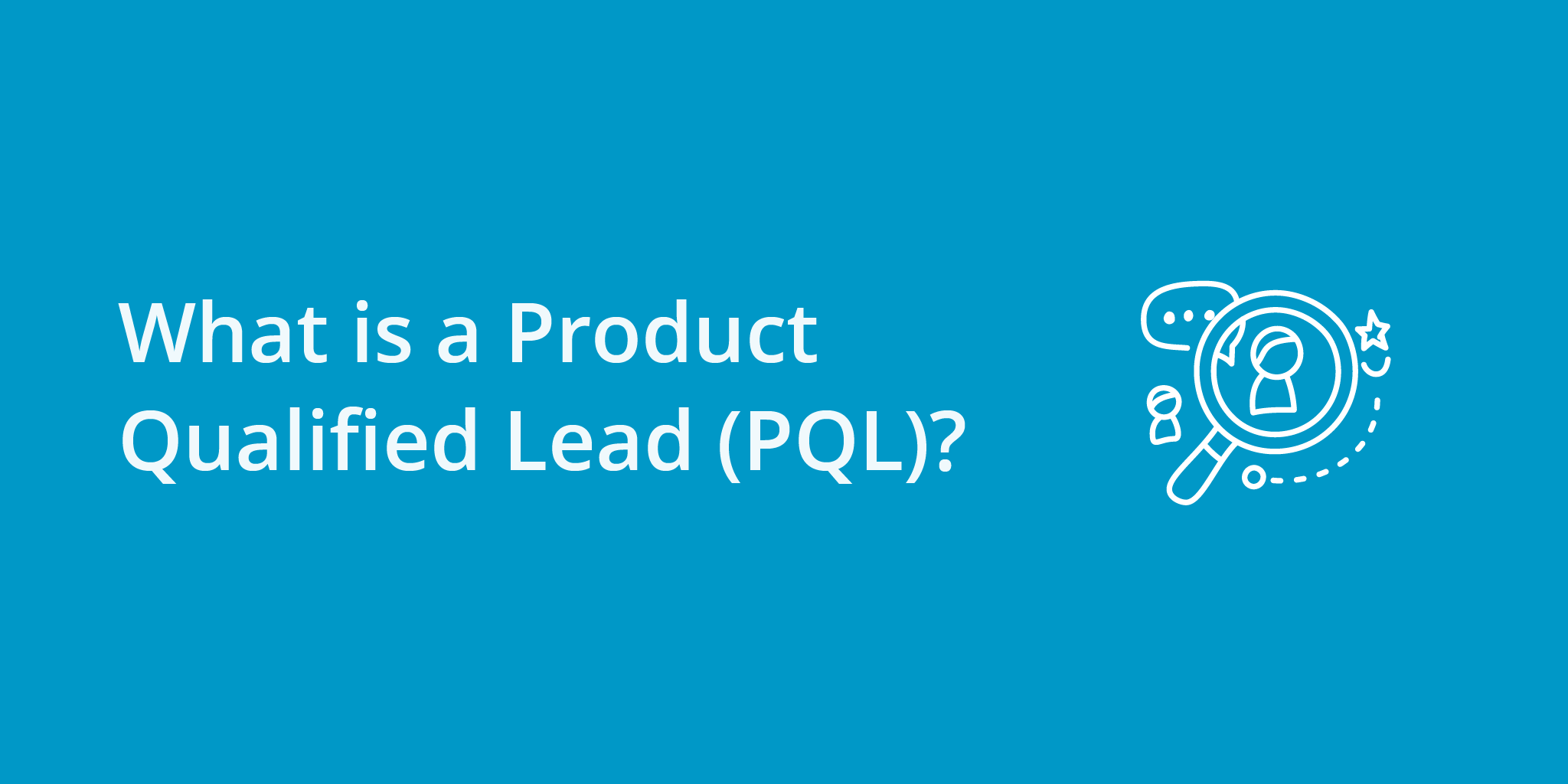In the traditional sales and marketing funnel, leads were primarily qualified based on demographic or company-related data. However, the evolution of technology and the increasing demand for customer-centric experiences have reshaped this approach. Software companies, in particular, have embraced a product-centric approach to lead qualification.
Identifying qualified leads is crucial for sustainable growth and successful sales processes. A new approach has emerged due to the increase of product-led growth and freemium models. This concept is called Product Qualified Leads (PQLs).
In this article, we delve into the definition and significance of PQLs and explore how they impact the customer journey in software companies.
PQL Definition
A Product Qualified Lead (PQL) is a term commonly used by sales and marketing teams, particularly in software-as-a-service (SaaS) companies.
It refers to a lead or potential customer who has demonstrated a strong level of interest and engagement with a product or service, based on their usage or interaction with it.
Unlike traditional marketing qualified leads (MQLs) or sales qualified leads (SQLs), which are typically based on demographic data, PQLs are determined by behavioral data with the product itself.
PQLs are often generated within the software product itself through user analytics and tracking, during a free trial or freemium model.

How To Identify and Define Your PQL
The specific criteria for identifying a PQL can vary depending on the product and the company, but common indicators include:
- Product usage: The lead has actively used key features of the product, indicating a level of engagement and interest.
- Depth of engagement: The lead has explored multiple features, spent a significant amount of time using the product, or achieved certain milestones.
- User behavior: The lead has exhibited behaviors that indicate a high likelihood of becoming a paying customer, such as frequent logins, customization of settings, or sharing the product with others.
- Integration or adoption: The lead has integrated the product with other systems or platforms, indicating a deeper commitment to using it within their workflow.
Once a lead is identified as a PQL, they are often considered a more valuable prospect and are prioritized by sales teams for further engagement.
PQLs have already demonstrated a level of product-market fit and a higher likelihood of converting into paying customers compared to MQLs. Therefore, companies may focus their efforts on nurturing PQLs, providing them with additional support, product demonstrations, or personalized sales interactions to increase the chances of conversion.
Overall, PQLs help bridge the gap between marketing and sales by aligning the qualification process with the product usage and customer behavior, enabling a more efficient and targeted approach to customer acquisition and revenue growth.
MQL vs. SQL vs. PQL
MQL, SQL, and PQL are terms used to categorize leads or prospects in the sales and marketing process. Each acronym represents a different stage of lead qualification, and understanding their distinctions is crucial for effective lead management. Here’s a breakdown of the differences between MQL, SQL, and PQL:
Marketing Qualified Lead (MQL):
- Definition: An MQL is a lead that has been deemed qualified by the marketing team based on specific criteria or actions.
- Qualification criteria: MQLs are typically determined based on demographic data, engagement with marketing campaigns (e.g., downloading an ebook, attending a webinar), lead scoring, or other predetermined factors.
- Purpose: MQLs are potential customers who have shown some level of interest in the product or service, but they may not be ready to become a paying customer. Marketing teams often pass MQLs to the sales team for further qualification and nurturing.
Sales Qualified Lead (SQL):
- Definition: An SQL is a lead that has been qualified by the sales team as having a high potential to become a paying customer.
- Qualification criteria: SQLs are typically determined based on a combination of factors, including the lead’s fit with the target buyer persona, their expressed interest in purchasing, their readiness to engage in a sales conversation, and their ability to make buying decisions.
- Purpose: SQLs are leads that have progressed further along the sales funnel and have a higher likelihood of conversion. Sales teams focus their efforts on SQLs, engaging in direct sales interactions to move them closer to making a purchase.
Product Qualified Lead (PQL):
- Definition: A PQL is a lead that has demonstrated a strong level of interest and engagement with a product or service based on their interaction with it.
- Qualification criteria: PQLs are identified by analyzing user behavior within the product itself. Factors such as product usage, depth of engagement, user behavior, and integration with other systems can contribute to determining a PQL.
- Purpose: PQLs bridge the gap between marketing and sales by aligning lead qualification with product engagement. PQLs have already shown a level of product-market fit and are more likely to convert into paying customers. Sales teams prioritize PQLs for further engagement and employ strategies to increase the chances of conversion.
In summary, MQLs are leads qualified by marketing based on predefined criteria, SQLs are leads qualified by sales as having a high potential for conversion, and PQLs are leads identified through product engagement and usage. While MQLs and SQLs focus on demographic and sales readiness, PQLs center around product usage and customer behavior to identify prospects who are more likely to convert into paying customers.

TL;DR
In conclusion, the emergence of product qualified leads has transformed the way software companies identify leads and approach the sales process. The shift towards product led growth has brought forth a more customer-centric approach, where user behavior and product engagement are central to lead qualification.
By embracing PQLs, software companies can deliver a tailored customer journey, optimize their resources, and ultimately achieve sustainable business growth in the competitive software industry.



